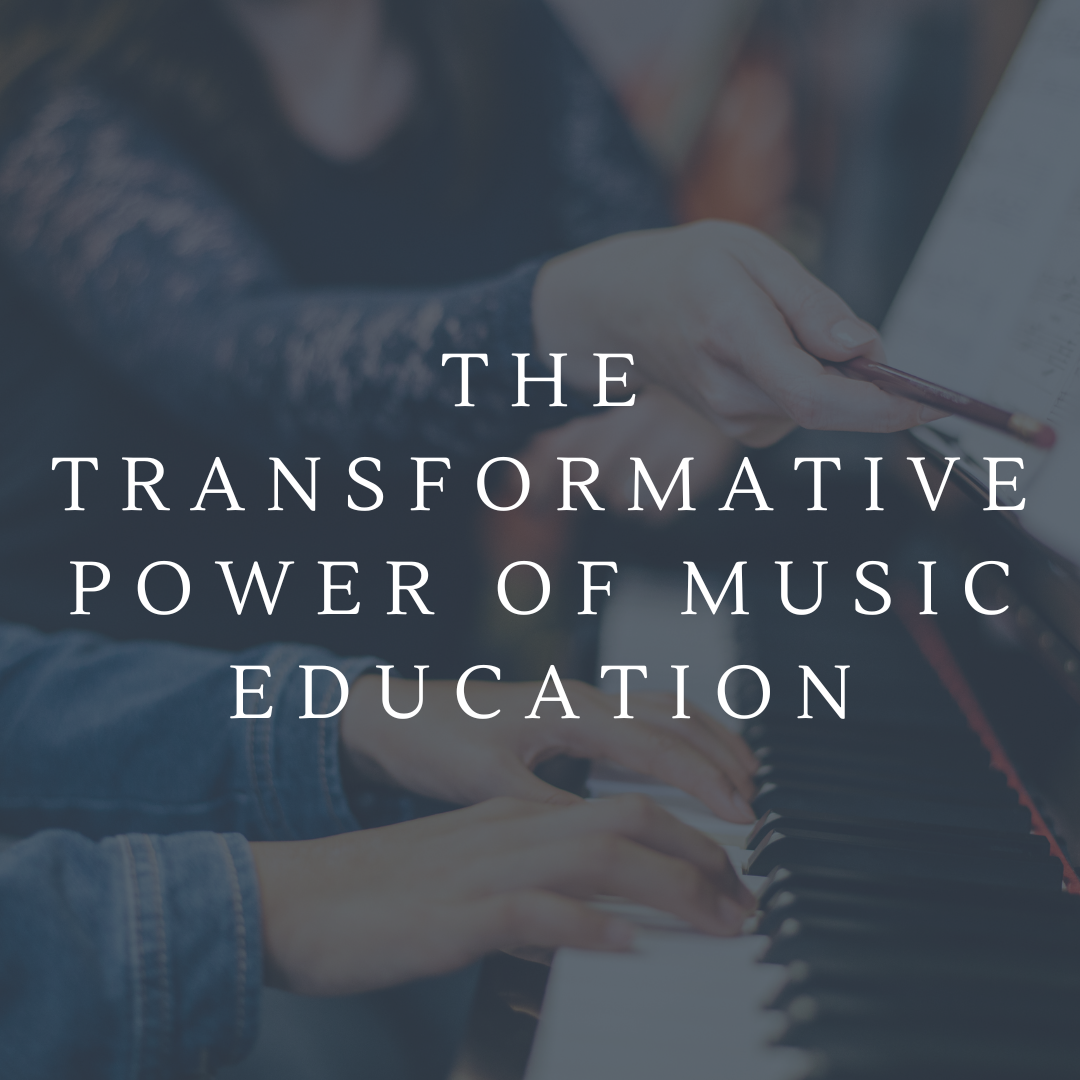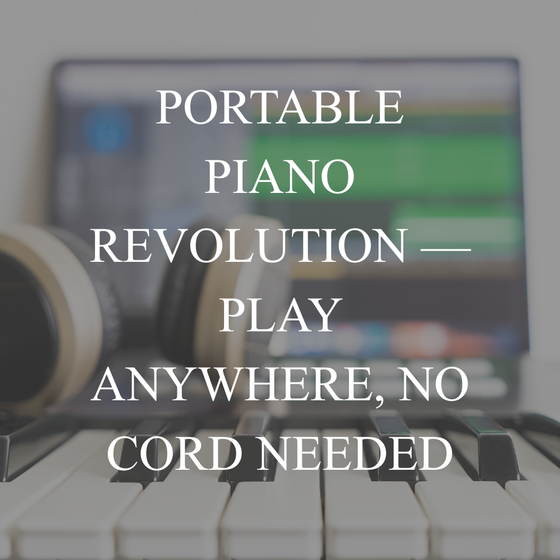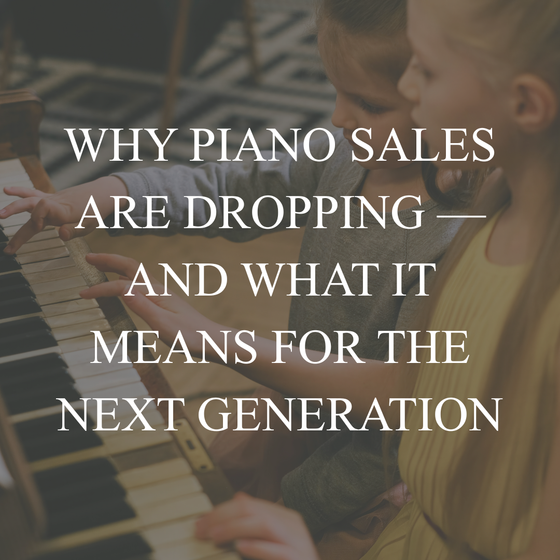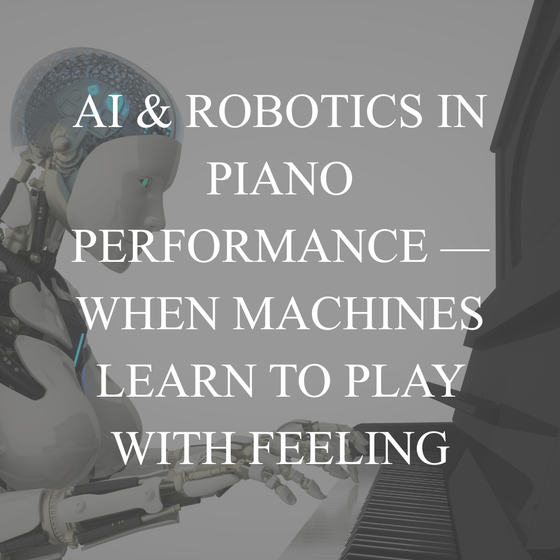
Music education is more than just learning to play an instrument or read notes; it’s a gateway to numerous cognitive, social, and emotional benefits that can profoundly impact a student’s life.
Engaging in music education enhances cognitive functions such as memory, attention, and problem-solving skills. Studies have shown that students who participate in music programs often perform better academically, particularly in subjects like math and reading. Learning music requires the brain to process multiple tasks simultaneously, which strengthens overall cognitive abilities.
Music has a unique ability to express and evoke emotions. Through music education, students learn to manage their emotions, reduce stress, and build self-esteem. Playing an instrument or singing can be a therapeutic activity, providing a healthy outlet for emotional expression and helping students navigate their feelings.
Participating in music ensembles, such as bands or choirs, fosters teamwork and collaboration. Students learn to listen to each other, synchronize their efforts, and work towards a common goal. These experiences build essential social skills like communication, empathy, and cooperation.
Music education has been linked to improved academic performance. Schools with robust music programs often see higher attendance rates and better test scores. Music helps students develop discipline, time management, and perseverance, which are crucial for academic success.
Music education exposes students to diverse cultures and historical contexts. By learning different musical styles and traditions, students gain a broader understanding of the world and develop an appreciation for cultural diversity. This cultural awareness fosters inclusivity and respect for others.
The skills acquired through music education extend beyond the classroom. Students learn patience, dedication, and the value of practice. These skills are transferable to various aspects of life, including future careers and personal endeavors.
Investing in music education is investing in the holistic development of students. The cognitive, emotional, and social benefits of music education create well-rounded individuals who are better equipped to face life’s challenges. Whether through improved academic performance, enhanced emotional well-being, or stronger social skills, the impact of music education is profound and lasting.
By integrating music into the lives of children, we can unlock the full potential of students and enrich their lives in meaningful ways.

One of the most exciting shifts in the piano world right now is the rise of battery-powered, portable pianos. Instruments like Roland’s GO:PIANO88 show that full-sized keybeds, high-quality sound engines, and wireless operation can coexist. Roland

Across the U.S., piano sales have taken a nosedive. A recent CBS News article reported that in 2024, only 17,294 pianos were sold — compared to hundreds of thousands in past decades. CBS News The reason isn’t lack of interest in music; it’s economics, cultural change, and preference shifts. Young people are renting, using digital subscriptions, or choosing digital pianos as introductory tools.

In 2025, one of the most fascinating developments in piano technology is happening at the intersection of artificial intelligence, robotics, and musical expression. A research team recently introduced PANDORA, a diffusion-based policy learning framework that enables robotic hands to play piano pieces with precision and expressive nuance. The system uses language models to measure stylistic quality and musicality, blending human emotion with algorithmic accuracy. arXiv